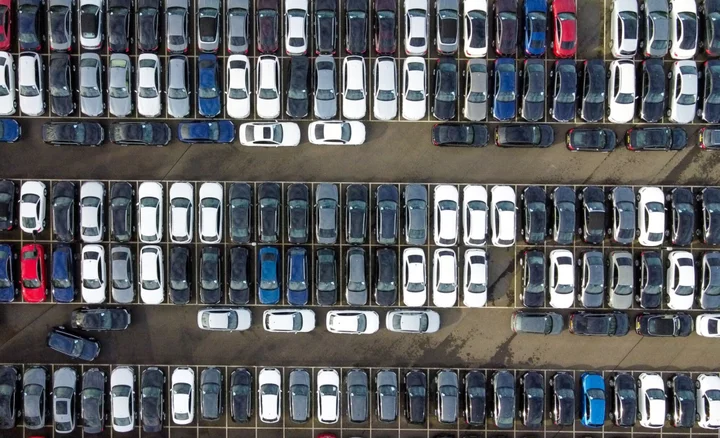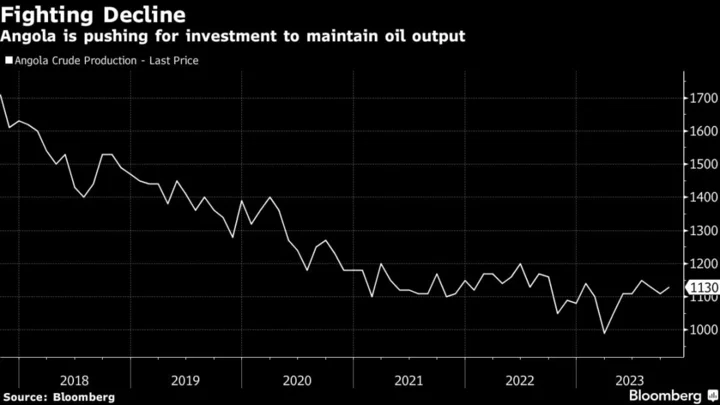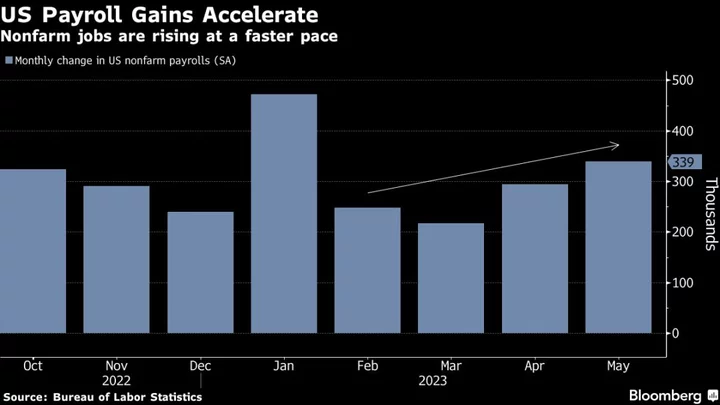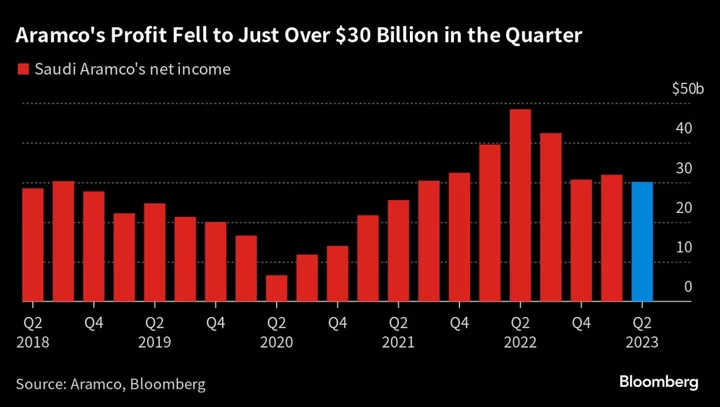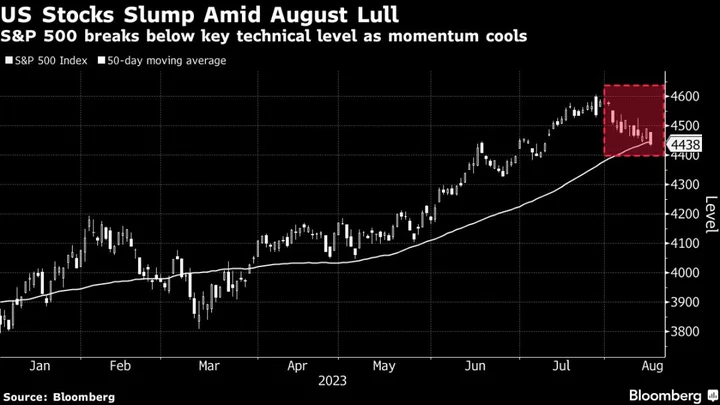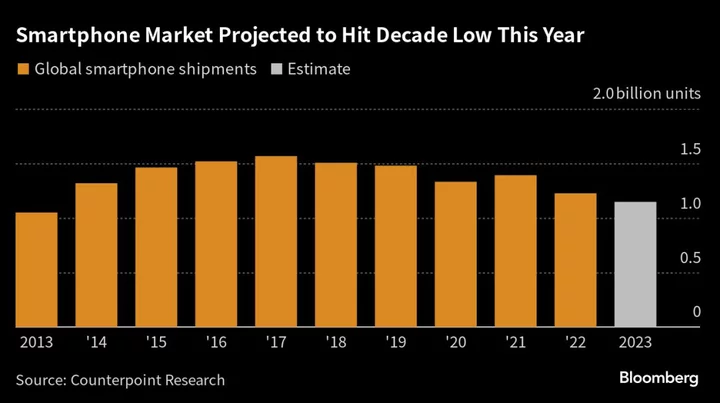Used-car prices in the US fell 4.2% in June, their biggest monthly drop since the early days of the pandemic, as a key measure of inflation eases.
Rising interest rates and bigger discounts on new cars are sapping demand for used vehicles, which is lowering the prices they fetch at auctions dealers use to buy and sell previously owned vehicles. Pricing also is taking a hit because dealers have almost fully replenished inventory on used-car lots that were depleted by shutdowns and supply shortages during the pandemic.
“Buyers at auction look to have taken an early summer break,” Chris Frey, senior manager of economic and industry insights for Cox Automotive, Manheim’s owner. “While used retail inventory has been improving over the last several weeks, we are expecting less volatility in wholesale price movements through year-end.”
Used-car prices have been a key driver of core inflation, which strips out food and energy prices. Core inflation has been especially sticky this year, even as the headline inflation rate has fallen. Overall, consumer spending on vehicles — new, used and car parts — is up 10% from a year ago, Cox said. The Bureau of Labor Statistics will release its next monthly report on consumer prices on July 12.
“We are not tipping into a recession,” Jonathan Smoke, Cox chief economist, said in a briefing with the media Monday. “The consumer is hanging in there.”
Smoke said the risk of recession remains elevated but it’s more likely to occur in the first three quarters of next year, depending on how much tightening the Federal Reserve pursues by pushing up interest rates.
Manheim now expects a 1.1% decline in its used-vehicle price index in December, down from a previous forecast of a 4.2% year-over-year decline.
--With assistance from Chris Middleton.
(Updates with commentary from Cox chief economist from the fifth paragraph.)

